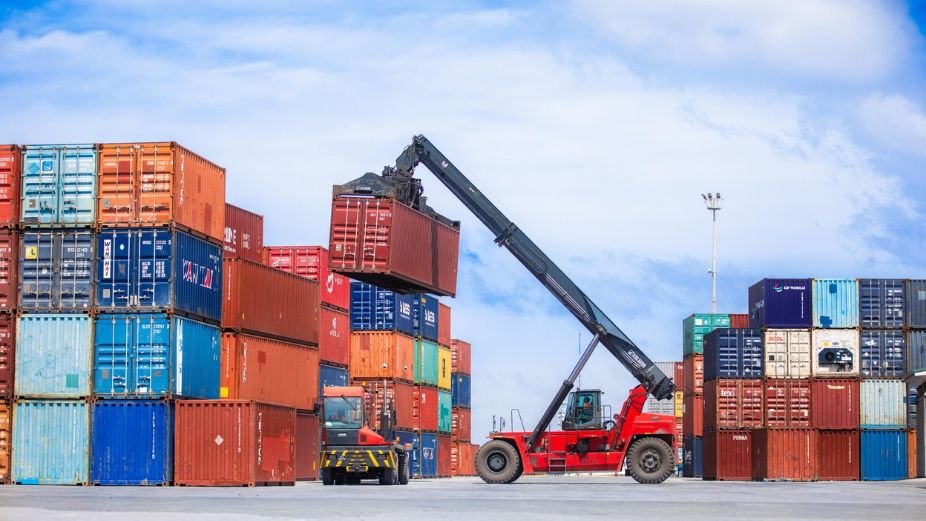
Maldives Ports Limited (MPL) has confirmed that the long-planned relocation of Malé’s congested commercial harbour to Thilafushi is likely to take around ten years, reflecting both the scale of the project and the extensive preparatory work required. The update was shared by MPL CEO Mohamed Rishwan during an interview on state media.
The commercial harbour in Malé has operated for nearly four decades, but capacity constraints have become increasingly severe. The harbour was originally built to manage 1,500 containers yet now handles about 3,000, while the Hulhumalé harbour adds a further 2,000 containers. Rishwan noted that these figures illustrate the pressure placed on existing infrastructure and the wider maritime logistics system.
The proposed solution is the development of a 60-hectare commercial port in Thilafushi. Valued at approximately USD 250 million, the project will be carried out in phases over a period of around ten years. Rishwan said the first phase is already advancing, with the 60-metre keywall for empty containers completed. Permits for the next steps are currently being reviewed by the Ministry of Transport and Civil Aviation and the Maldives Customs Service.
A significant element of Phase One is the construction of a relief jetty at Thilafushi. Expected to take two years, this facility is intended to ease pressure on the commercial port, North Harbour, and T-Jetty while further development continues. Plans also include a 100-metre keywall and drawings for an additional 660 metres of local keywalls, along with new warehouses, supporting infrastructure, and expanded staffing.
Rishwan stated that Phase One is targeted for completion by November 2027, with an estimated cost of USD 60 million. A further USD 150 million has been allocated for local harbour relief measures.
While acknowledging the substantial investment required, he described the works as significant changes that will reshape how the country handles maritime logistics. He also indicated that subsequent phases are expected to progress more quickly once the initial groundwork is complete.












